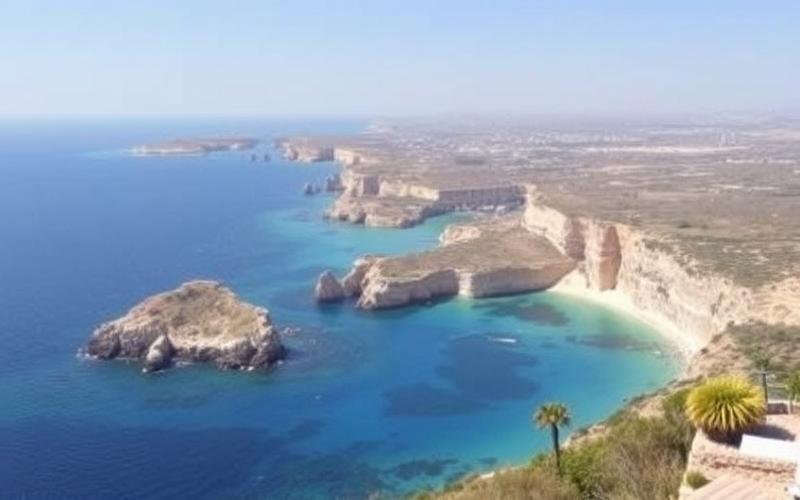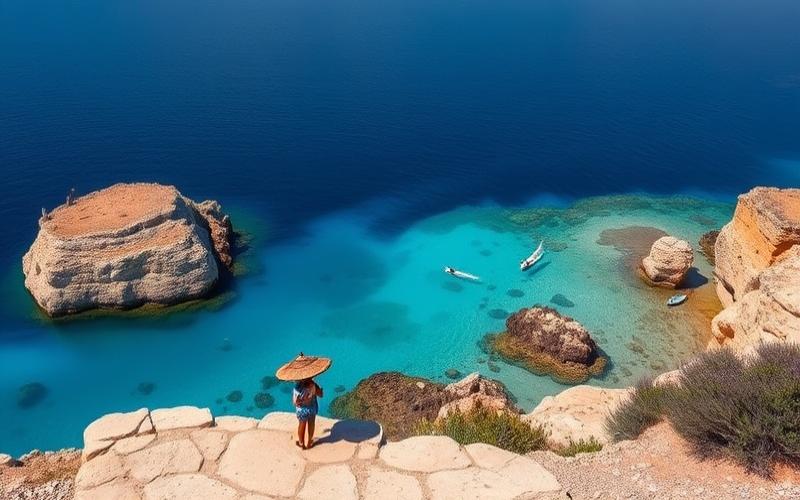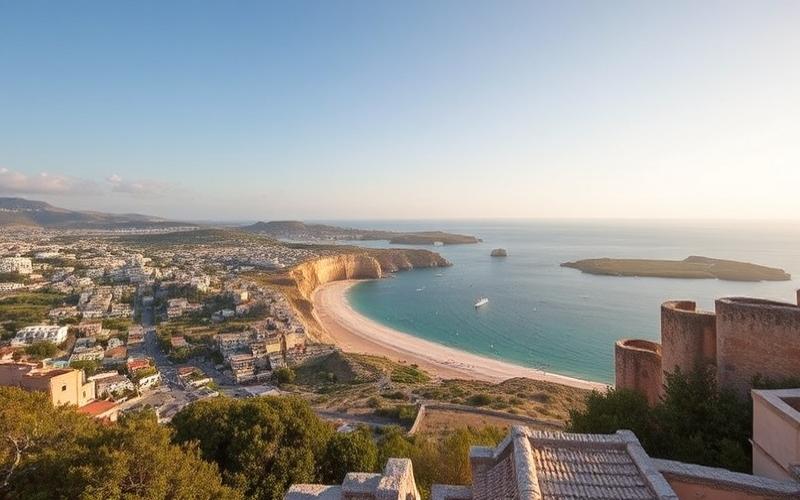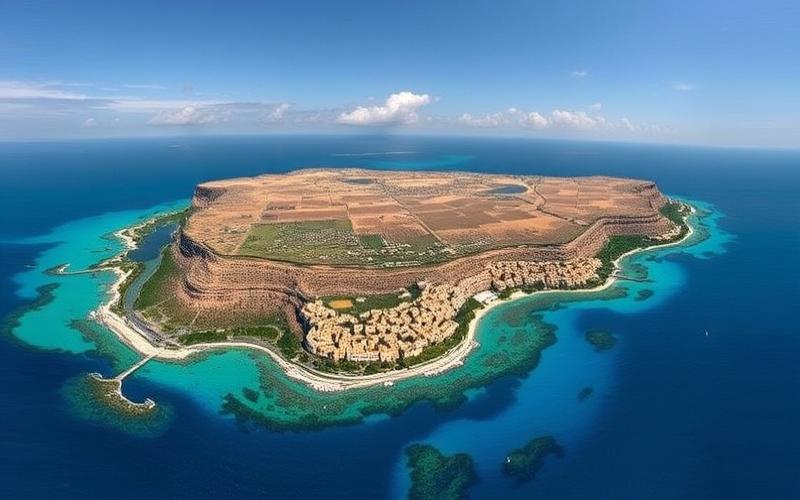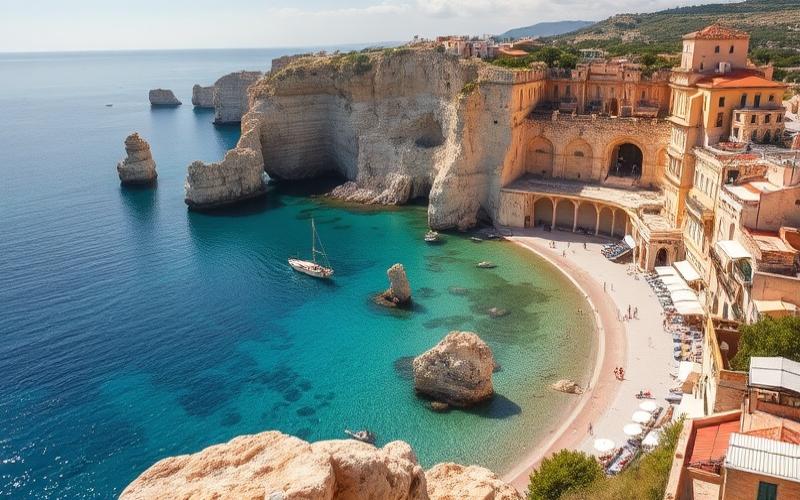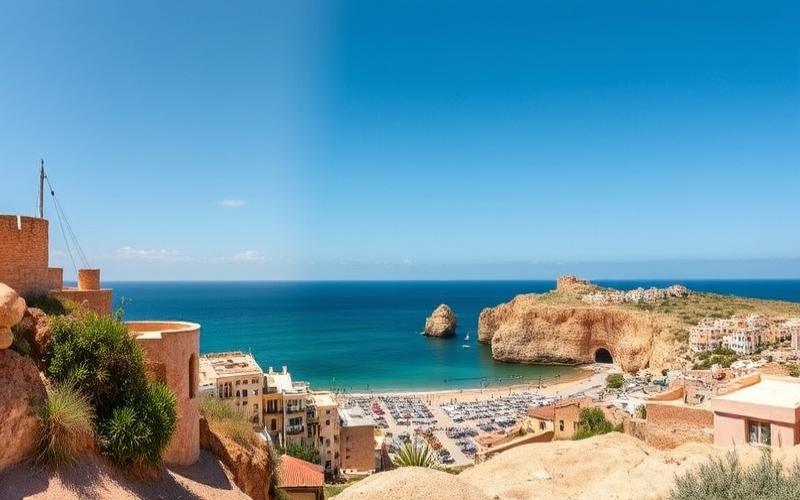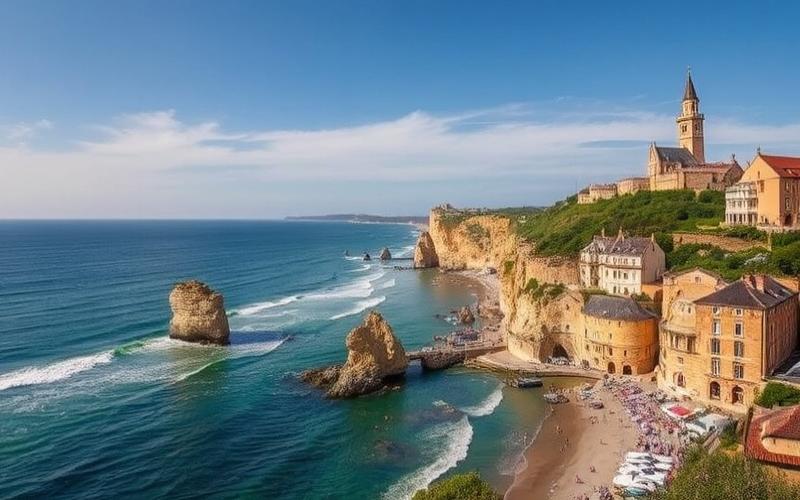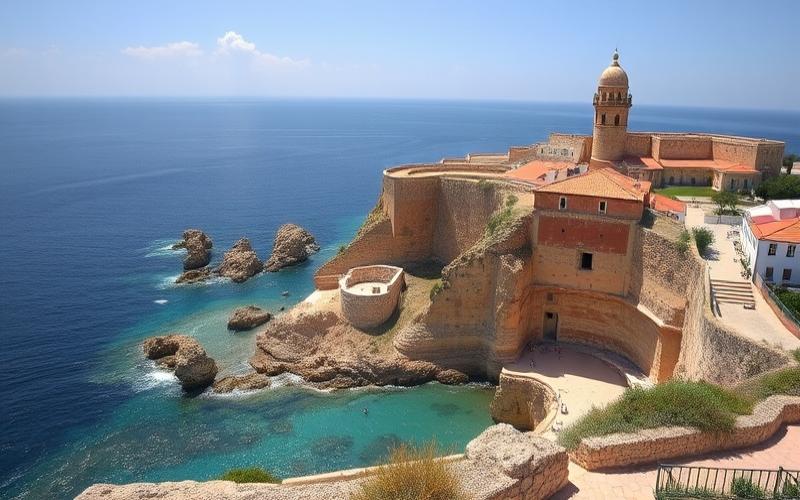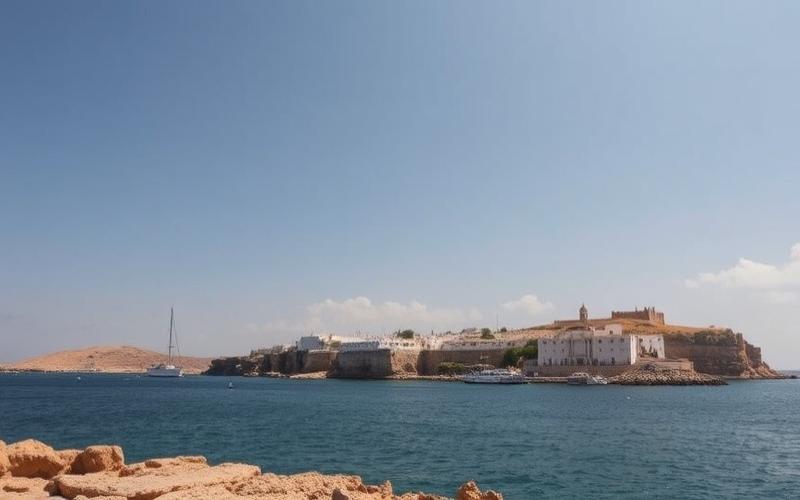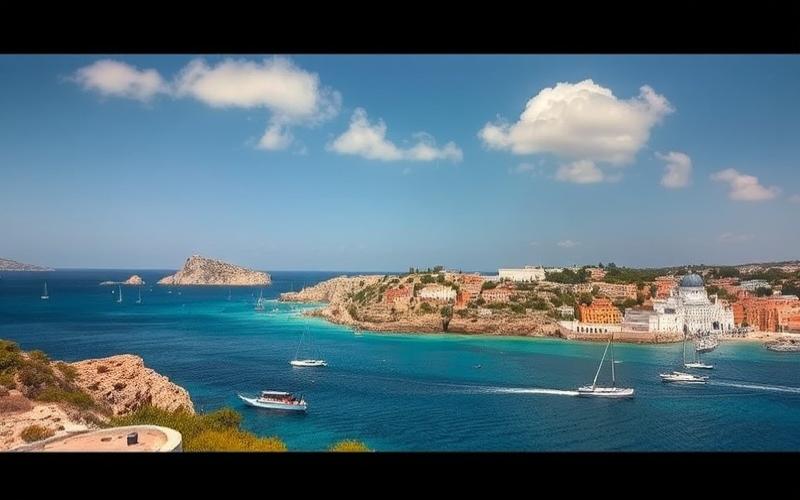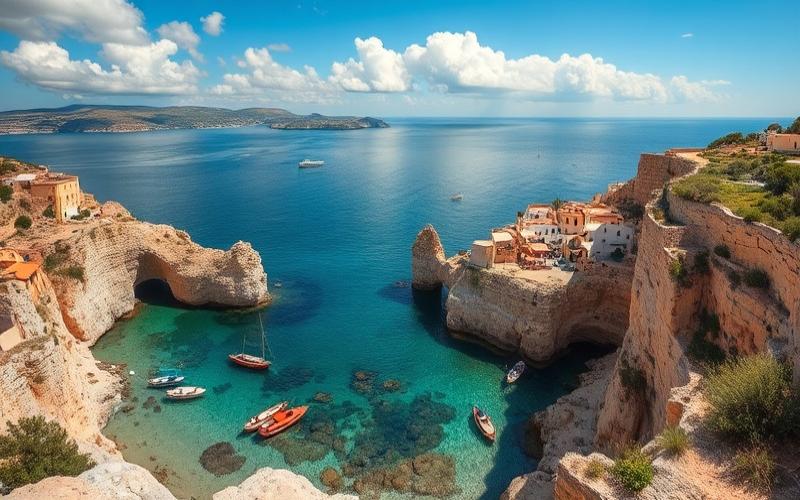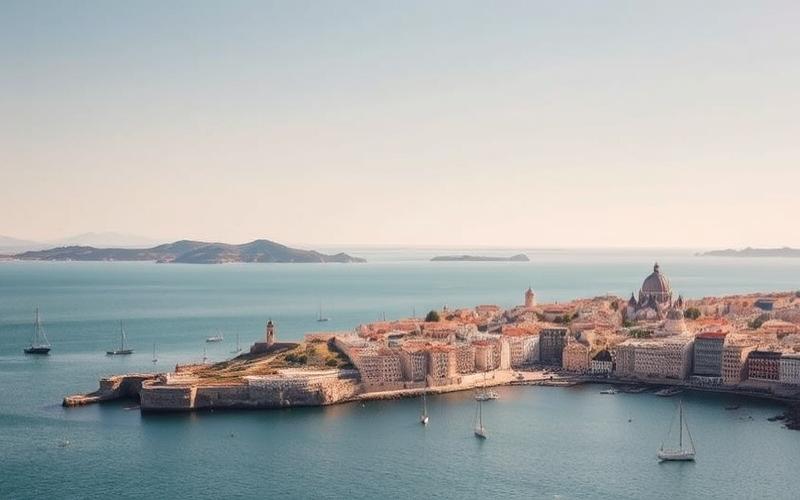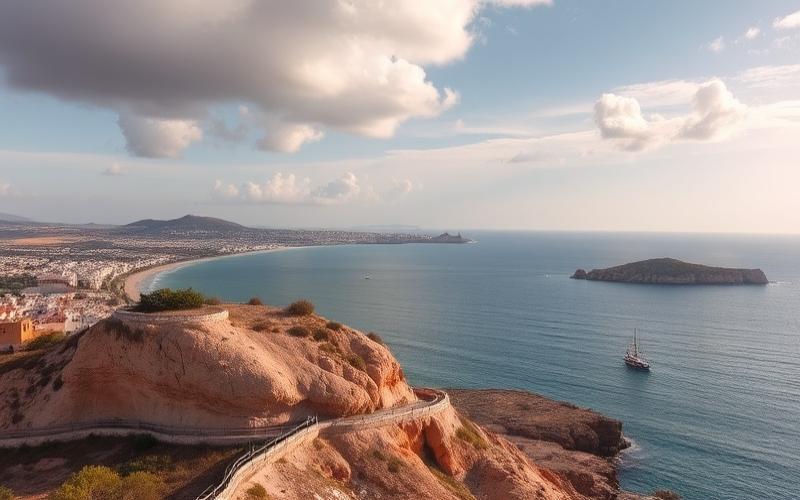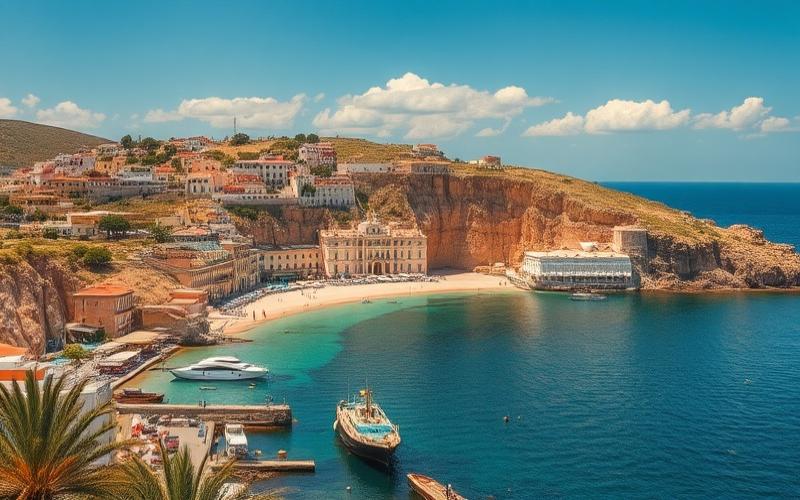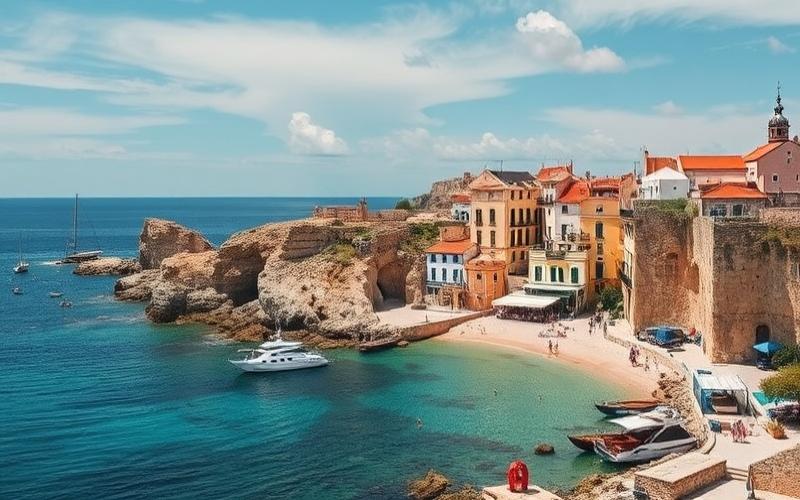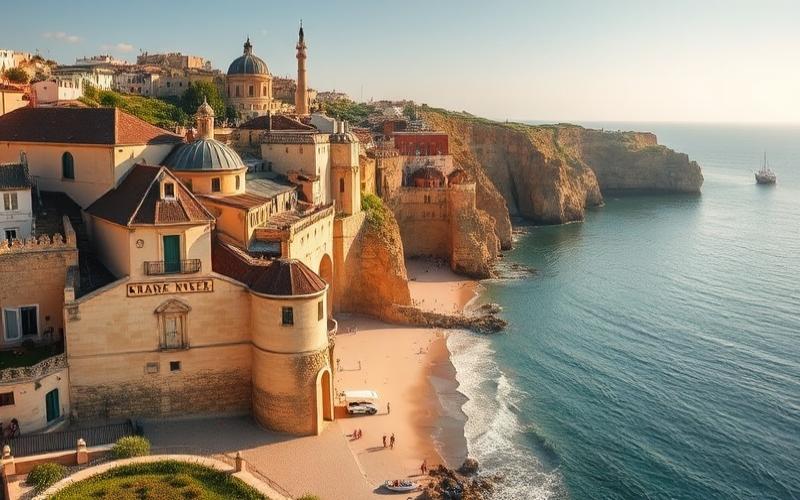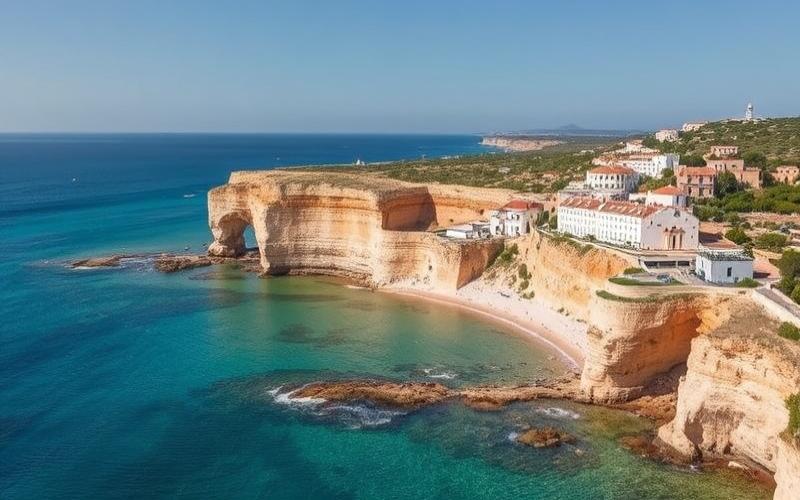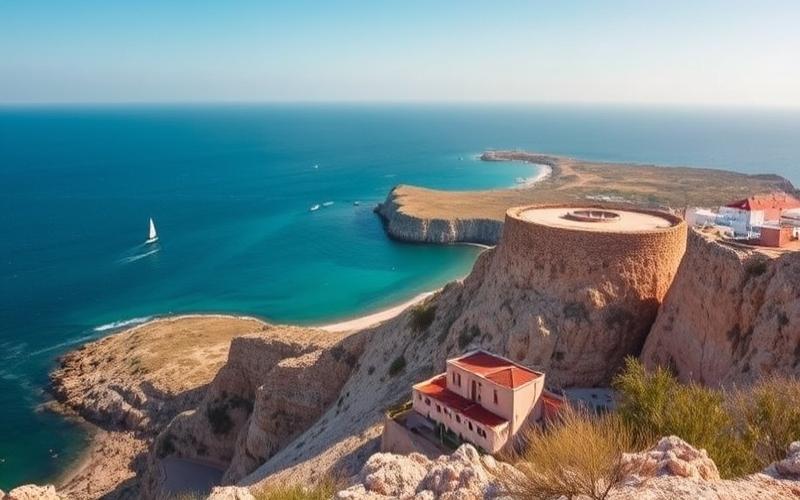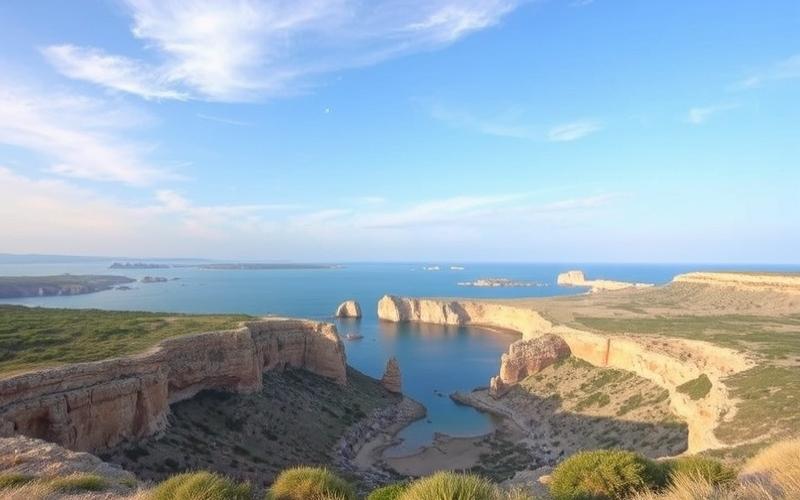
 Published on and written by Cyril Jarnias
Published on and written by Cyril Jarnias
Malta, a Mediterranean gem with multiple assets, is attracting more and more expatriates drawn to its exceptional quality of life, economic dynamism, and cultural richness. Whether you’re a student, professional, or retiree, settling in the Maltese archipelago requires a good understanding and anticipation of administrative procedures. Here is a detailed guide to help you navigate your expatriation project to Malta with peace of mind.
Visa for Malta: Your Ticket to the Mediterranean Sun
Obtaining a visa is the first crucial step to realizing your Maltese dream. The formalities vary depending on your nationality and the duration of your stay:
For European Union nationals: – No visa is required for stays of less than 3 months – For a stay longer than 3 months, a simple declaration of presence to the local authorities is sufficient
For non-EU nationals: – A Schengen visa is necessary for short stays (up to 90 days) – For long stays, a national D-type visa is required
- Valid passport
- Duly completed application form
- Recent ID photos
- Proof of accommodation in Malta
- Proof of sufficient financial resources
- Travel insurance
Good to know:
The processing time for a Malta visa application is generally 15 business days. Plan ahead to avoid any last-minute stress.
The Quest for the Perfect Home: Tips for Finding Your Cozy Maltese Nest
Finding housing in Malta can be a real challenge, especially in the most sought-after areas. Here are some leads to facilitate your search:
1. Define your criteria: Budget, location, type of property (apartment, house, shared accommodation)
2. Explore the different options: – Local real estate agencies – Specialized websites (Maltapark, Quicklets) – Facebook groups dedicated to renting in Malta – Word-of-mouth within the expatriate community
3. Visit several properties to get a precise idea of the market
4. Negotiate the rent and the lease conditions (beware of contracts in Maltese!)
5. Verify that the accommodation is registered with the Maltese authorities
Good to know:
Rents in Malta can be high, especially in tourist areas. Expect an average of €700-€900 for a studio and €1000-€1500 for a two-room apartment in popular neighborhoods.
Visa Renewal: Ensure Your Stay is Fully Legal
To extend your stay in Malta beyond the initial validity of your visa, you will need to undertake renewal procedures:
1. Plan ahead: Start the procedure at least 2 months before your current visa expires
2. Gather the necessary documents: – Renewal application form – Valid passport – Proof of financial resources – Proof of accommodation – Valid health insurance
3. Submit your file to the Department for Citizenship and Expatriate Affairs
4. Pay the renewal fees
5. Wait for the authorities’ decision (expect approximately 4 to 6 weeks of processing)
Good to know:
Renewal is not automatic. Make sure you meet all the required conditions and maintain an impeccable file to maximize your chances of approval.
Essential Procedures: Your Checklist for a Proper Setup
To fully integrate into Maltese life, certain administrative procedures are essential:
1. Obtaining a social security number (essential for working)
2. Registration with the tax authorities to get your tax identification number
3. Opening a local bank account
4. Registration with the Maltese healthcare system
5. Exchange of your driver’s license (if necessary)
6. Registration on the electoral lists (for EU nationals)
Good to know:
The official Maltese government website (servizz.gov.mt) centralizes many administrative procedures online, greatly facilitating your processes.
Laws and Regulations: What Every Expatriate Should Know
Living in Malta involves complying with certain rules specific to foreigners:
Declaration obligation: Any foreigner residing in Malta for more than 3 months must register with the local authorities.
Labor law: EU nationals can work freely in Malta. Non-Europeans must obtain a work permit.
Taxation: Malta applies an advantageous tax system for qualified expatriates in certain sectors.
Property purchase: Restrictions may apply for the purchase of real estate by non-residents in certain areas.
Family reunification: Conditions vary depending on your status and nationality.
Good to know:
Proficiency in English, an official language in Malta alongside Maltese, will greatly facilitate your administrative procedures and integration.
Moving to Malta represents an exciting adventure, but one that requires good administrative preparation. By following this guide and planning your procedures ahead, you will lay solid foundations for your new life under the Maltese sun. Don’t hesitate to seek assistance from professionals or join expatriate communities to benefit from personalized advice.
Disclaimer: The information provided on this website is for informational purposes only and does not constitute financial, legal, or professional advice. We encourage you to consult qualified experts before making any investment, real estate, or expatriation decisions. Although we strive to maintain up-to-date and accurate information, we do not guarantee the completeness, accuracy, or timeliness of the proposed content. As investment and expatriation involve risks, we disclaim any liability for potential losses or damages arising from the use of this site. Your use of this site confirms your acceptance of these terms and your understanding of the associated risks.


